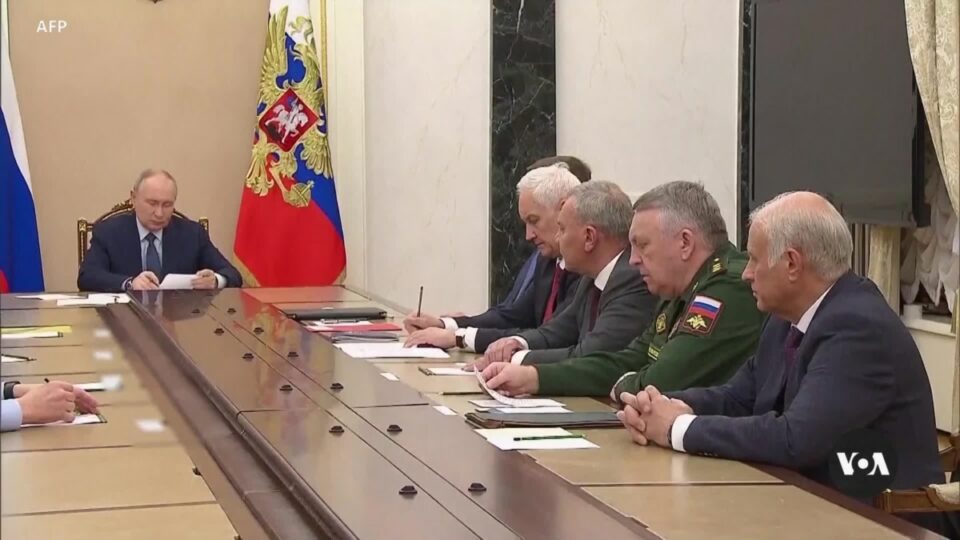Unraveling the Tensions: What’s Fueling the Russia-Ukraine Conflict
Historical Background
The roots of the Russia-Ukraine conflict can be traced back centuries, but key events in the 20th and 21st centuries have exacerbated tensions:
- Post-Soviet Independence (1991): Ukraine gained independence following the dissolution of the Soviet Union, leading to a struggle for national identity and control over territory.
- The Orange Revolution (2004-2005): Citizens protested against corruption and electoral fraud, leading to a pro-Western government, which strained relations with Russia.
- The Euromaidan Protests (2013-2014): Mass protests erupted against President Yanukovych’s decision to suspend an association agreement with the EU, resulting in his ousting and further national division.
Geopolitical Factors
Key geopolitical interests continue to drive the conflict:
- Western Expansion: NATO’s eastward expansion is perceived by Russia as a direct threat, while Ukraine aims to strengthen ties with the West.
- Russian Nationalism: A desire to maintain influence over former Soviet states, embodying the views of Russian leaders who advocate a ”Greater Russia.”
- Crimea’s Strategic Importance: The Black Sea region serves as a critical military and economic hub for Russia, vital for its naval capabilities.
Key Players in the Conflict
Understanding the key players is essential for grasping the conflict’s complexity:
- Russia: Invaded Crimea in 2014, claiming to protect ethnic Russians and preserve national security.
- Ukraine: Seeks to affirm its sovereignty and territorial integrity, striving for closer ties with the EU and NATO.
- Western Allies: The U.S., EU, and NATO have provided economic sanctions against Russia and military support to Ukraine, complicating diplomatic resolutions.
Economic Influences
The economic aspects of the conflict are significant:
- Energy Resources: Ukraine’s pipelines carry gas from Russia to Europe, making it a crucial transit country, with energy dependence affecting political alignments.
- Sanctions and Economic Impact: Western sanctions on Russia have led to economic challenges, while Ukraine suffers from damage to infrastructure and a struggling economy.
International Reactions
Global reactions to the conflict have shaped its trajectory:
Western Sanctions on Russia
Sanctions target key sectors, aiming to pressure Russia economically:
| Sector | Sanction Type | Impact on Russia |
|---|---|---|
| Energy | Export Bans | Loss of revenue |
| Finance | Access Restricted | Increased borrowing costs |
| Defense | Arms Embargo | Limitations on military capabilities |
Military Assistance to Ukraine
- Military Aid: The U.S. and EU provide Ukraine with arms, training, and intelligence support to bolster its defense.
- Humanitarian Assistance: Aid organizations have mobilized to support displaced populations and provide medical supplies.
Media Narratives and Propaganda
The narrative surrounding the conflict is heavily influenced by media portrayals:
- Disinformation Campaigns: Both sides engage in propaganda to sway public opinion locally and internationally.
- Censorship: Governments control information, shaping perceptions and narratives around
Moscow on Edge as Trump’s Inauguration Approaches Amid Rising Military Tensions
As the date of Donald Trump’s inauguration draws near, Moscow finds itself in a state of heightened alert due to escalating military hostilities involving Ukraine and Western nations. This unrest has been exacerbated by the recent deployment of a cutting-edge nuclear-capable missile by the Kremlin targeting Ukrainian forces.
Geopolitical Climate Shift
The situation has prompted significant discussions within international circles, as Western powers express deep concern over Russia’s aggressive posturing. The introduction of advanced military technology has fueled fears regarding potential conflicts that could arise from miscalculations or misunderstandings.
Missile Deployment: A Game-Changer?
The Kremlin’s launch of its new missile system marks a pivotal moment in contemporary warfare. Analysts suggest that this development not only serves as a warning to Ukraine but also sends ripples through NATO countries, raising questions about defense strategies and diplomatic approaches moving forward.
Implications for Future Diplomacy
The implications are far-reaching; leaders are now faced with urgent decisions on how to respond effectively without escalating tensions further. Increased dialogues and negotiations may be necessary to de-escalate the situation and prevent an outbreak of wider conflict.
Conclusion: The Road Ahead
With anxieties mounting around Trump’s upcoming presidency, all eyes remain fixed on Moscow’s actions and their repercussions. It remains crucial for global leaders to navigate this complex environment thoughtfully while seeking pathways toward stability amid uncertainty.
{” “}


